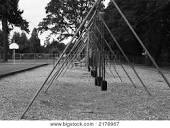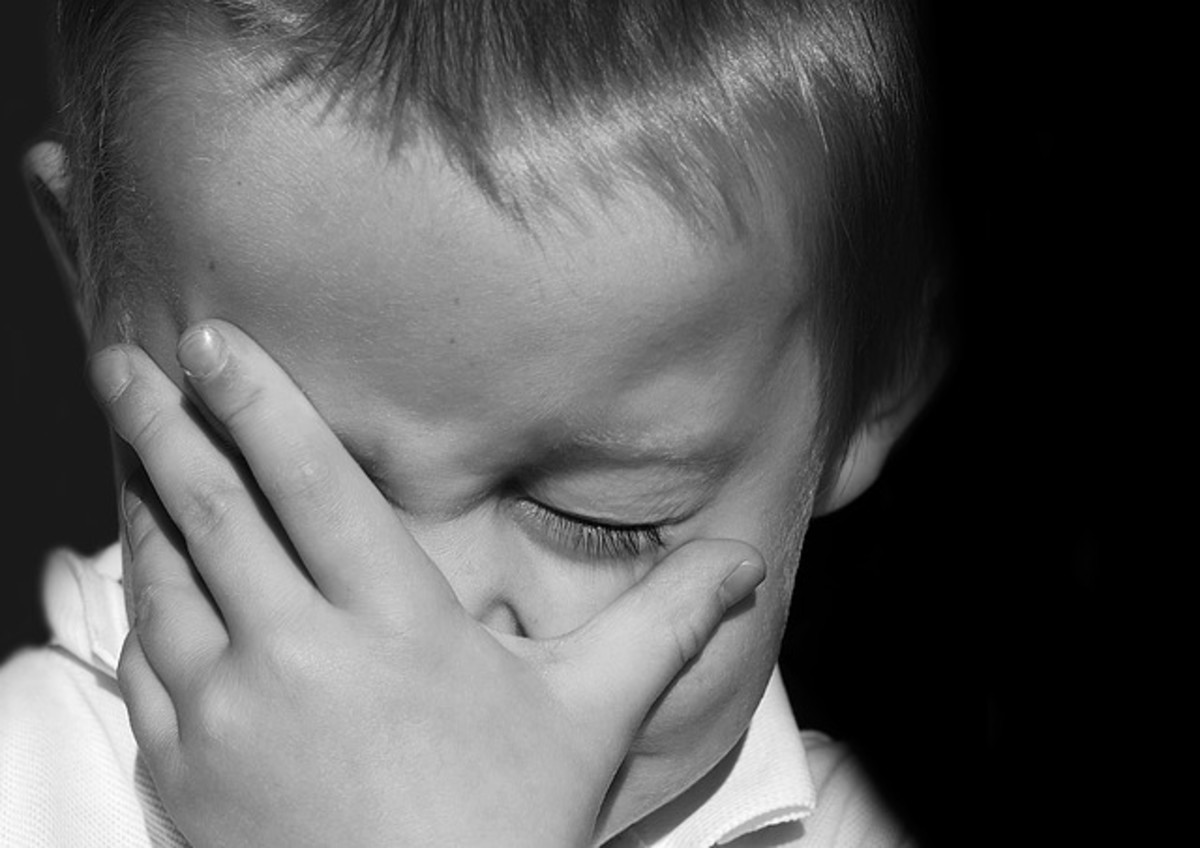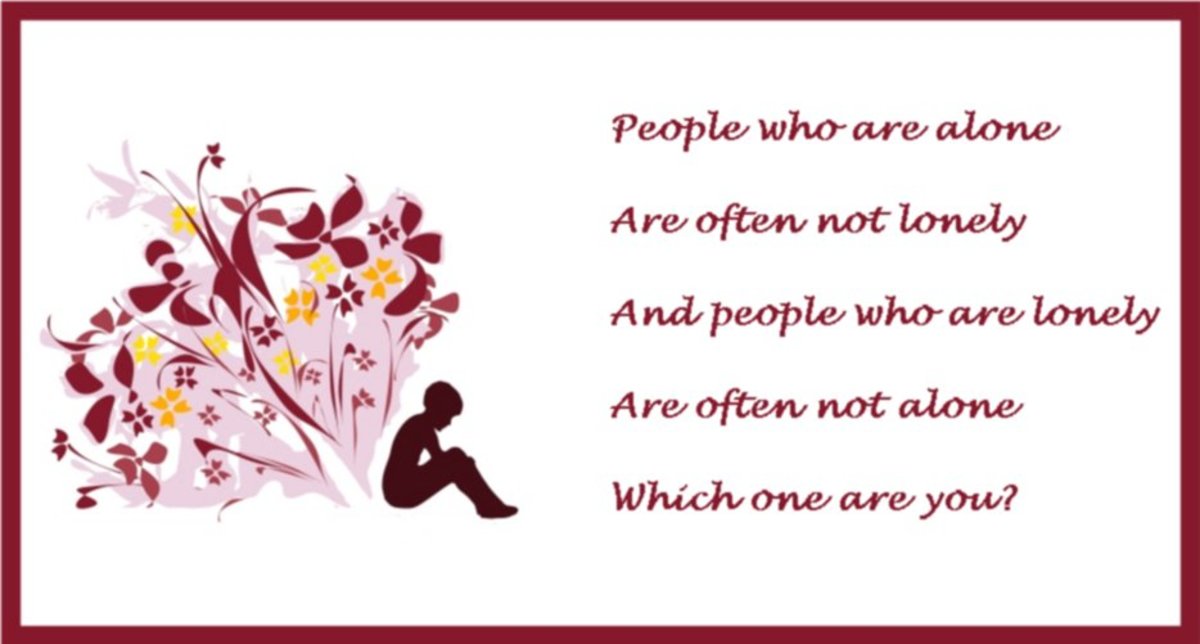The "Boogey Man" - Every Kid's Nightmare


Are You Here or Not Here?
A friend and I went home for lunch junior year of high school, smoked a joint upstairs in my bedroom, and left the “roach” on the table. The housekeeper later spotted the evidence, informed my mother, and all hell broke lose. She went to the school office and screamed bloody murder. She said her house was almost burnt down by her son smoking pot. The high school principal came out to my classroom visibly shaken and explained my mother’s theatrics transpiring in the office (she was still looking for me). He asked; “are you here or not here?” I said; “not here” He said, “o.k. Then take off.” As I was leaving school I became elated with excitement and joy, finally an authority figure who was on my side...who cared about me, and who I could “trust!” Little would I know, a disguised predator (my high-school principal) was slowly grooming me for future advances, I took the bait, and for the next 12 years called him "Pop's" because to me and my family he acted as the father figure I never had. He died of lung cancer (I had known him for 18 years) and I didn't shed one tear, he being my "pop," was a carefully crafted sham and at the time I felt was inescapable.

Who Knows Who Your Dealing With?
Identifying a Predator
Perpetrators don't always look like how you think they would look. They're cunning and crafty. They're disguised as your baby-sitter, youth group leader, clergy, teachers, coaches, neighbors, medical professionals, family members, and in my case, a high school principal. Becoming familiar with patterns of seduction and with the psychological ploys they use to disguise themselves as "harmless" individuals is key in preventing them from full access to your children. Education, love, and intuitive skills will determine if your child is going to be kept safe from abuse. Letting our guards down or cutting corners, due to a hectic schedule may be a mistake that lasts a lifetime.
7 Common Characteristics of a Predator:
- Problems with establishing and maintaining intimate relationships
- A sense of entitlement
- A need for power and control
- Refusal to take responsibility for his or her actions, blaming others
- A lack of empathy
- Becoming preoccupied with sexual matters or activities
- Excessive time spent with your child
Each one of these characteristics (above) defined the individual in my case, however a common basic red flag is an older person's preoccupation or obsession with a child who is in a vulnerable situation. This could be due to poverty, lack of parental supervision, or the child's starving need for love and acceptance.

The Five Stages of Abuse
Like a normal relationship, an abusive relationship follows a pattern that goes through stages. The stages of an abusive relationship appear to look like a "normal relationship" yet there are "red flags" you need to be aware of that differentiate the two kinds of relationships. Children depend on adults for their survival and they are taught at an early age that adults know what's best for them. Opportunists capitalize on their vulnerability.
When a sexual predator manipulates a child, he or she will use the same tactics used in a romantic relationship. Telling the child that they are "special" or "one of kind" and has a unique ability to satisfy an abuser's needs. The predator will entice the child into a relationship by giving gifts and money.
- DETECT THE TARGET - the perpetrator will look for weaknesses like a lion surveying wounded/injured prey. The younger the child, the easier the victim is to overpower. They will evaluate strengths and weaknesses to plan their seduction. Most likely victims are unsupervised, unloved, have learning disabilities, isolated, low self-esteem, low income, from broken homes, and fatherless.
- THE APPROACH (Seduction) - After the predator locates a potential victim, he or she gathers information from the child and morphs his or her own behavior to suit the victim, thus becoming the "perfect friend." The approach phase always consists of some form of seduction. The perpetrator learns the child's likes, dislikes, and habits, and pretends to share a common interest or background with the child, thus presenting himself or herself in a positive light to the child. He or she can be anyone he or she thinks the child wants them to be (e.g. father figure, play friend, confidant).
- SUBJUGATION (Dominate / Enslave) - A predator gains control by slowing alienating the child from outside influences, developing their own unique, "special" friendship. Faking empathy, sensitivity, and caring for the child, they will use words to maneuver the child into an abusive relationship. The predator slowly gains control by delicately offering friendly advice, suggestions, reminders, and criticisms. In order for the abuse to materialize, the child needs to be rendered isolated, helpless, and defenseless (e.g. car rides, afterschool-before school activities, private tutoring / lessons, errands, trips).
- GROOMING (Shaping) - When the predator has complete control over the child the grooming process begins. This is when he or she prepares the victim for the abuse. He or she will use subtle and unscrupulous methods to further isolate the victim from his or her loved ones. Buying expensive gifts and planning special activities or outings intensifies the abuse along with threats and guilt-trips for maintaining secrecy and obligating the child to allow unwanted advances. Nonsexual touching desensitizes the child (e.g. an "accidental" touch, pat on the leg, an arm around a shoulder, a massage). It's used to break down inhibitions and defenses and leads to a more sexualized touch, as the child does not resist, the touching and grabbing intensifies. As the predator lures the victim further into his web (e.g. sleepovers and car rides) his lack of empathy for the child justifies his actions and he projects thoughts and feelings he wants the child to have about him, onto the child. He interprets the child's positive responses (or submissiveness) to the grooming process as being acceptable and convinces himself that the abusive behavior is not hurtful or damaging. Keep in mind the perpetrator has typically befriended the child's parent/parents and has gained their trust, so this is nothing out of the ordinary to be around their child. In fact the parents will be appreciative, and perceive the perpetrator as "nice" and "caring" that they're willing to take/invest their time into their child. The predator will elevate the child to adult status and manipulate the child to thinking he or she has power over the adult ("flip-the-script" so to speak), they do this so the child can then satisfy/fulfill the adult's sexual needs. The perpetrator elevates the child to adult status by divulging/confiding to/in the child personal "secrets" so the child can feel "special" and "trusts" that the child will not tell anyone about them.
- THE ABUSE - The sexual predator will make certain all of the previous stages are manifested (the manipulation process), firmly established (cooperation), and reinforced (payoffs) before fully committing to the act. The cooperation and secrecy by the victim is quintessential for the sexual abuse to continue. The perpetrator has to keep the victim feeling trapped, he or she does this by reverting back to the previous four stages, thus strengthening their bond. Again, the predator gets/fortifies the child to remain compliant by pleadings, promises, and threats all the while, maintaining secrecy. Here are some example statements: "If you tell, your parents will be very angry with you and probably send you away to live in a foster home, and, If you say anything to your parents about this, they will send me to jail forever," in my case it went like this: "I don't know what it is about you, I've never felt this way about anybody else before, I'm really not a homosexual." One frightens a child into secrecy, the later plays into the child's low self-esteem and is just as effective in maintaining secrecy. In my case, he said if I said anything, he'd just deny it (making me feel powerless). He was a pillar in the community, I was an angry rebellious adolescent who did drugs and drank, this only perpetuated the cycle. I had become financially dependent on him. It's only when I began to work by waiting tables and driving a taxi that I regained my self-esteem and by paying my own bills I would eventually break free from the bondage.
A Nickel for a Kiss (18:15)
Abuse Reactions and Facts
While each individual’s experiences and reactions are unique, there are some responses to child sexual abuse that are common for many survivors:
- Low self-esteem or self-hatred
- Chronic depression
- Guilt and shame
- Sleep disturbances / disorders
- trouble sleeping from repressed trauma and anxiety directly relating to the experience they had as a child
- Lack of trust for anyone
- Many survivors were betrayed by the very people they were dependent upon (family members, teachers, etc.) who cared for them, who insisted they loved them even while abusing them
- 93% of victims under the age of 18 know their attacker.
In Conclusion - Prevention
The best thing a parent can do to prevent sexual abuse from happening is to unconditionally love their kids and talk openly with their children about difficult issues. Teach your kid how to say "No" if Uncle Bob says give him a kiss, show your kids alternative ways to show affection, like a handshake. Most importantly teach your children that "secret" touching or kissing is never okay and if someone touches their bodies and tells them to keep it a secret, they should tell you what happened right away.
Be involved in your children's school and extra curricular activities. Although it is impossible to monitor all of the situations in your child's life, being educated early on in detection is key to minimize the chances of something bad happening to your child.
In my case the abuse started when I was seventeen and lasted into my early twenties. He made the same kind of advances towards my brother but my brother immediately squelched it do to his upbringing was different than mine (supportive). I thought I knew what I was doing, I minimized it and justified my actions anyway I knew how (coping mechanisms). I had become an isolated artist. The guilt and shame I had acquired from the choices I made from this episode of my life has taught me that life is precious and not to be taken for granted. My actions will affect my emotions and others emotions, and my emotions will affect the quality of my life and the lives of others. I can be the victim or the victor the choice is mine to make. I have two kids (16 & 13) who right from the start were taught about boundaries and respect for self and others. The mistakes/choices I made early on I believe were not made in vain. True unconditional love never fails and conquers all (1 Corinthians 13). We can all go to our graves feeling good about this undeniable truth from God's Word. God bless and take care.





